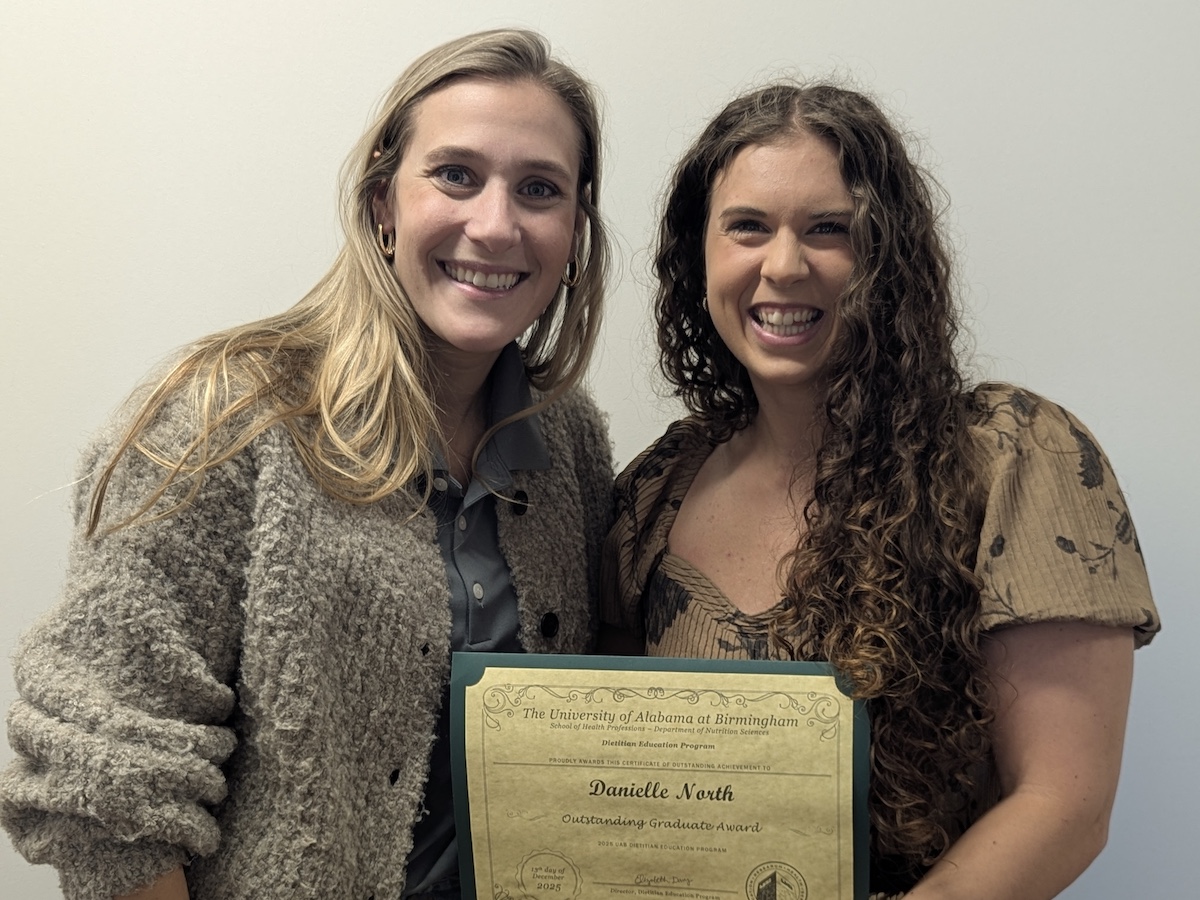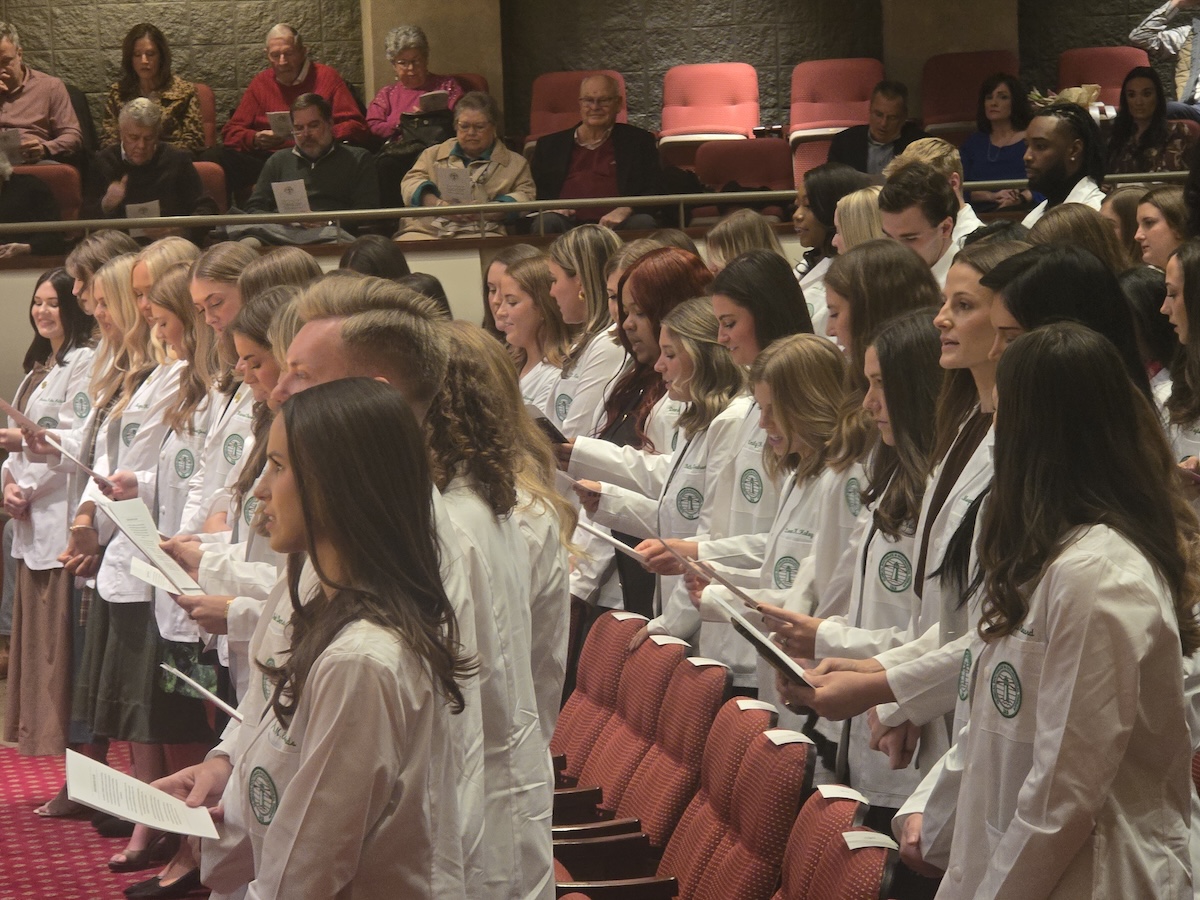 Dr. Hao Zhang
Dr. Hao Zhang
Dr. Hao Zhang, assistant professor in the UAB Department of Health Policy and Organization, has received a pilot grant from CEDHARS. His study, titled “Opioid Use Among Medicaid Enrollees with Disabilities: A Pilot Study of Patterns, Policies, and Mental Health Comorbidities,” will investigate the unique challenges faced by people with disabilities in the context of the opioid crisis.
The award is part of CEDHARS’ 2025 call for proposals, “Advancing Health and Wellness for Adults or Children with Disabilities.”
Zhang’s project seeks to fill a critical gap in national data and research related to opioid use in Medicaid-insured individuals with disabilities – a population he describes as “high risk for opioid use and opioid-related harms.
“This is one of the first times my research has focused specifically on people with disabilities,” Zhang said. “Opioid misuse is a widespread issue, but disabled populations are disproportionately affected. We see much higher opioid use and more opioid use disorders in this group compared to the general population.”
Zhang has spent much of his academic career researching opioid use across vulnerable populations, including patients with cancer and sickle cell disease. However, this project will mark his first in-depth focus on people with disabilities using Medicaid claims data. He said the availability of new datasets and a growing awareness of data gaps influenced the timing and direction of the project.
“In previous studies, disability-focused research has often used Medicare data,” he said. “But people with disabilities under 65 who aren’t covered by Medicare have largely been overlooked. With national Medicaid data now available, we finally have a way to identify disabled individuals through their qualification for Supplemental Security Income.”
The study will use national Medicaid claims data from 2016 to 2021. According to Zhang, the project will have three primary aims. First, it will descriptively examine the prevalence of opioid use, overdose and treatment among Medicaid enrollees with disabilities. Second, the team will use quasi-experimental models to assess how state-level opioid policies—such as prescription monitoring programs—impact these individuals. Lastly, Zhang plans to explore the role of mental health comorbidities in opioid-related outcomes.
“Mental health issues are very common in this population,” he said. “We want to see how mental health comorbidities influence opioid use, access to treatment and the risk of overdose.”
Though still in its early stages, Zhang believes the pilot project will lay the groundwork for broader national studies. For now, the research will focus primarily on Deep South states to test feasibility.
Long-term, he hopes to expand the analysis across the U.S. and include a broader set of algorithms to capture more disabled Medicaid beneficiaries—not just those who qualify through SSI.
“This is more of an exploratory project,” Zhang said. “But we hope it helps us understand how to effectively study this population and evaluate the impact of opioid-related policies. Ultimately, we want to ensure that people with disabilities are not falling through the cracks in our healthcare and policy systems.”
Zhang said he expects to find a general decline in opioid prescriptions among people with disabilities, consistent with national trends. However, he also suspects that this group may be disproportionately affected by unintended consequences, such as increased pain or hospitalizations due to tighter prescribing practices.
“This work is crucial because people with disabilities are at the intersection of multiple vulnerabilities – medical, economic and social,” Zhang said. “Understanding how opioid use and treatment vary in this group can help inform more equitable policies and healthcare practices.”
The CEDHARS pilot program aims to support early-stage, high-impact research that can improve the lives of people with disabilities. Zhang’s study is one of four selected this year to address pressing health disparities and generate preliminary data for future grant applications.

